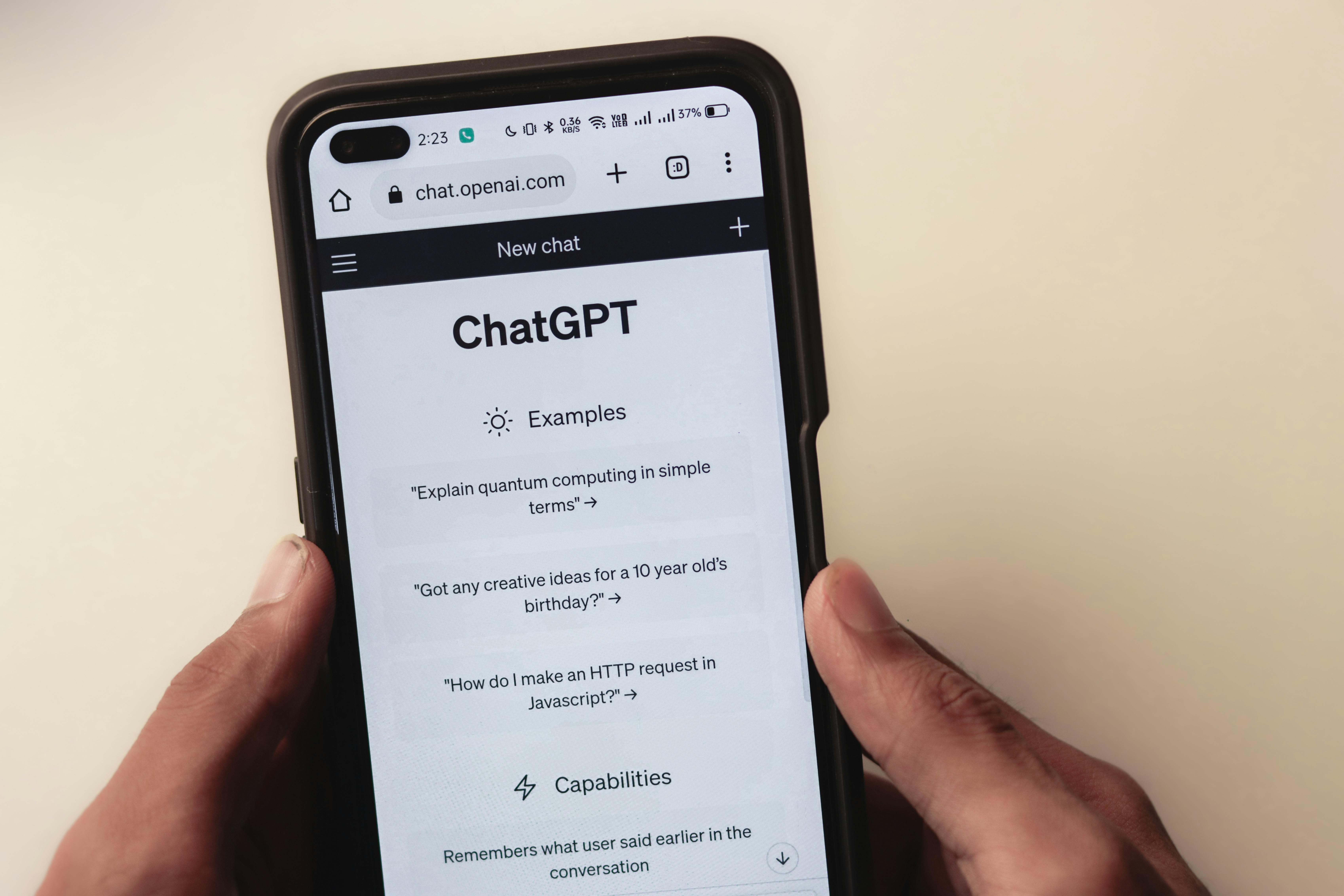Unveiling AI Lawsuits: The Case of OpenAI's ChatGPT - Legal Implications for Artificial Intelligence Innovation

Artificial Intelligence (AI) has taken a prominent position in our everyday lives. One of the groundbreaking developments in this field is the emergence of language models that can generate human-like text. Powered by machine-learning algorithms, these AI systems can write anything from short pieces of text to long essays. These advancements, while revolutionizing industries, have led to new concerns and challenges. The technology has been a subject of discussion and several legal complications, creating significant implications for AI creators and users.
ChatGPT: A Revolutionary AI Language Model
One such AI innovation is OpenAI's ChatGPT, an AI chatbot designed for interactive conversation. It is based on the cutting-edge technology called transformer, a type of deep learning model. The capability of ChatGPT to present conversation-like text that mirrors human conversation has been both marvelled at and scrutinized. With its incredibly human-like responses, the technology has created a wave of discussion about its usage and implications.
AI Copyright Issues: A Case Study
Preserving intellectual property rights has always been a significant concern for creators. These issues extend to AI models like OpenAI's chatbot, which can generate diverse content. There have been instances where OpenAI's giant language model, GPT-3, has been sued for copyright infringement. The grounds for such actions highlight the grey areas in AI copyright. The case against OpenAI's model pertains to its training mechanism, which involves learning from various online sources, including copyrighted material.
Occasionally, the model writes prose similar to the materials it was trained on. The contention is that if an AI model uses copyrighted material for training and consequently mimics its style or content, it could be infringing upon the rights of the original creators.
The Legal Link: AI and Copyright Law
AI's escalating involvement in content generation poses a colossal challenge to current copyright laws. These legal frameworks were designed keeping human creators in mind, not artificial intelligence systems. The primary question that emerges in the context of AI and copyright law is, "Who owns the copyright for content generated by AI?"
In the scenario where an AI model like ChatGPT is accused of copyright infringement, the subject becomes even more complex. At the heart of the dispute is whether the transformation of data during the training process is an illegal reproduction of original copyrighted material or a fair use of it.
Artificial Intelligence: A Legal Journey Ahead
Artificial Intelligence's fast-paced advancements paint a promising future filled with endless possibilities. Yet, it also warns about a future that could be mired in legal disputes if current laws and regulations do not keep up with these advancements. As AI continues to expand and grow, it is crucial to navigate through these legal aspects consciously.
Lawmakers, AI developers and users will need to work together in shaping regulations that strike the right balance. This balance should protect copyright holders and ensure the integrity of their work, without stifling innovation in AI. This process may take time and require a significant amount of trial and error, but it is a critical step in ensuring a harmonious coexistence between AI and human creativity.
To sum it up, the case against OpenAI's ChatGPT is a landmark event in AI litigation. It underlines the challenges present in the application of traditional legal norms to futuristic technology. As we look forward to the continued growth of AI and its infinite possibilities, we must also prepare for a comprehensive, lengthy, and potentially contentious legal journey.
In conclusion, the case of AI copyright infringement is not just limited to OpenAI. It is an issue that has widespread implications for the future of AI. Thus, the time is ripe for stakeholders to come together and rethink the legal framework surrounding the application and usage of AI.
